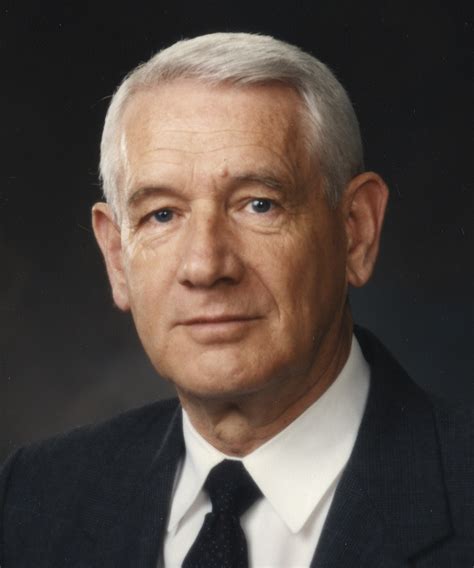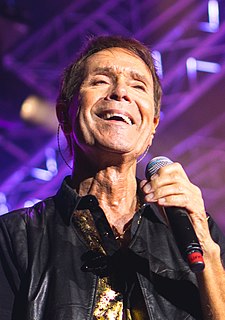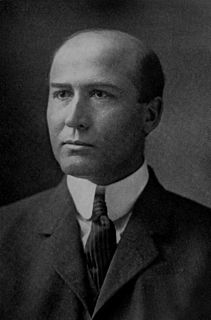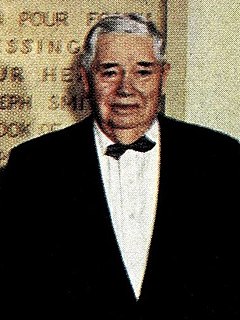A Quote by Pope Pius XI
It will be impossible to put these principles into practice unless the non-owning workers through industry and thrift advance to the state of possessing some little property.
Related Quotes
Through that organization [Community Service Organization], I met Cesar Chavez. We had this common interest about farm workers. We ultimately left CSO to start the National Farm Workers Organization, which became the United Farm Workers. I was very blessed to have learned some of the skills of basic grassroots organizing from Mr. Ross and then be able to put that into practice in both CSO and the United Farm Workers.
It is evident that the right of acquiring and possessing property, and having it protected, is one of the natural, inherent, and unalienable rights of man. Men have a sense of property: Property is necessary to their subsistence, and correspondent to their natural wants and desires; its security was one of the objects, that induced them to unite in society. No man would become a member of a community, in which he could not enjoy the fruits of his honest labour and industry.
Just as little can we afford to follow the doctrinaires of an impossible - and incidentally of a highly undesirable - social revolution which, in destroying individual rights - including property rights - and the family, would destroy the two chief agents in the advance of mankind, and the two chief reasons why either the advance or the preservation of mankind is worthwhile.
But what the working-class can do, when once they grow into a solidified organization, is to show the possessing class, through a sudden cessation of all work, that the whole social structure rests on them; that the possessions of the others are absolutely worthless to them without the workers' activity; that such protests, such strikes, are inherent in the system of property and will continually recur until the whole thing is abolished - and having shown that effectively, proceed to expropriate.
Civil rights, as we may remember, are reducible to three primary heads; the right of personal security; the right of personal liberty; and the right of private property. In a state of slavery, the two last are wholly abolished, the person of the slave being at the absolute disposal of his master; and property, what he is incapable, in that state, either of acquiring, or holding, in his own use. Hence, it will appear how perfectly irreconcilable a state of slavery is to the principles of a democracy, which form the basis and foundation of our government.
Soldiers are the foundation of an army; unless they are imbued with a progressive political spirit, and unless such a spirit is fostered through progressive political work, it will be impossible to achieve genuine unity between officers and men, impossible to arouse their enthusiasm for the War of Resistance to the full, and impossible to provide an excellent basis for the most effective use of all our technical equipment and tactics.
Eighteen months ago, when first I stood before you I called attention, as earnestly and seriously as I knew how, to what looked to me to be the dangers that were ahead, and I urged you at that time to practice the old virtues of thrift, of honesty, of truthfulness, of industry, and so on through the list of those I named. All that I said then I say again.
Religion is not about accepting twenty impossible propositions before breakfast, but about doing things that change you. It is a moral aesthetic, an ethical alchemy. If you behave in a certain way, you will be transformed. The myths and laws of religion are not true because they they conform to some metaphysical, scientific or historical reality but because they are life enhancing. They tell you how human nature functions, but you will not discover their truth unless you apply these myths and doctrines to your own life and put them into practice.
When the rich plunder the poor of his rights, it becomes an example for the poor to plunder the rich of his property, for the rights of the one are as much property to him as wealth is property to the other, and the little all is as dear as the much. It is only by setting out on just principles that men are trained to be just to each other; and it will always be found, that when the rich protect the rights of the poor, the poor will protect the property of the rich. But the guarantee, to be effectual, must be parliamentarily reciprocal.
































